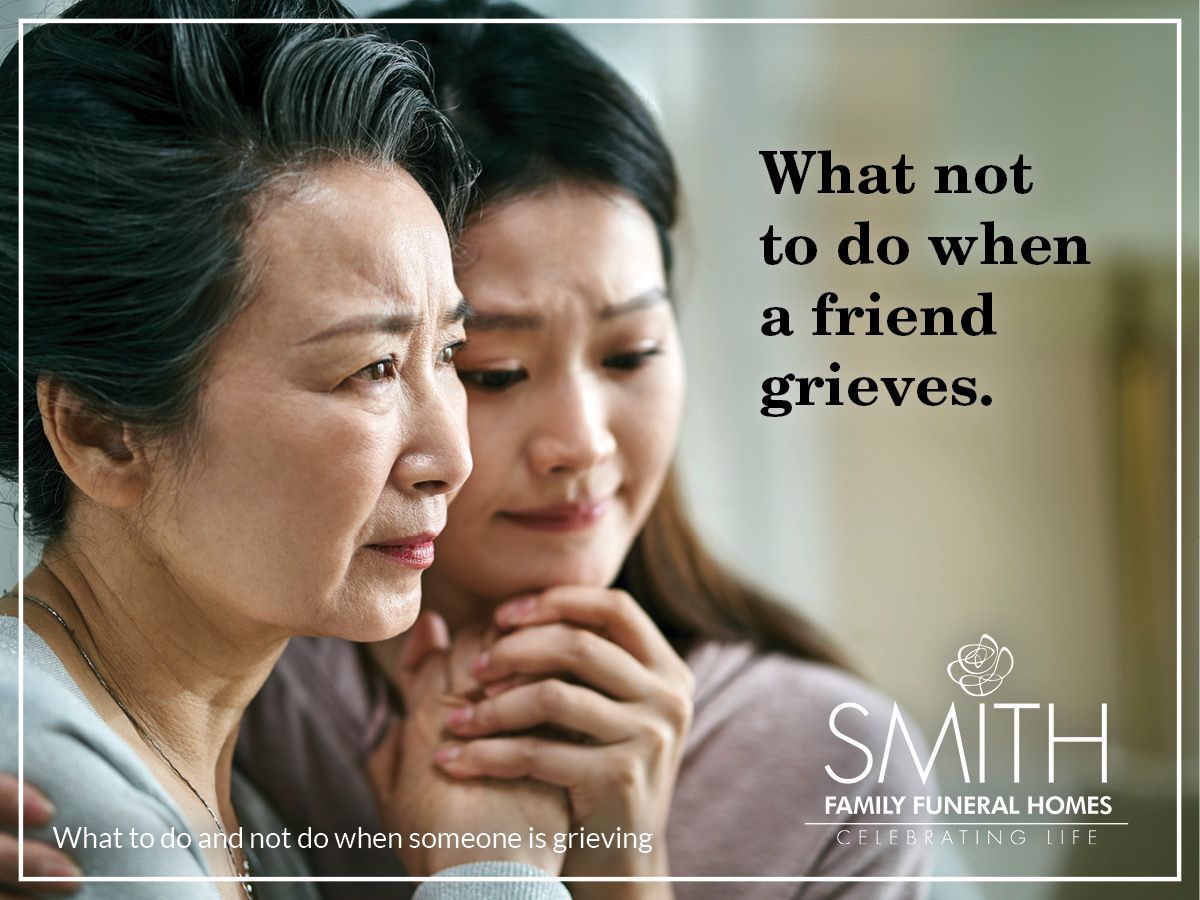
When you think about the process of burying someone who has passed on, you’re likely familiar with a few terms. You probably know what a casket is for, what it’s made out of, and where it goes. You might understand a bit about the embalming process and how a body is prepared to be laid to rest. But do you know what a burial vault is? It’s a term that many people are unaware of, but it provides support for the deceased and is becoming more and more common, especially in certain areas.
What is a burial vault?
A burial vault is a lined, sealed container that goes around the casket. Though burial vaults used to be made of wood or brick, the burial vaults of today are much sturdier and made from metal, plastic, or, the most common option, concrete. A burial vault will enclose the casket completely, which is different from a burial liner, which only goes on top. The vault also typically contains an inner liner, usually made from plastic or metal, which helps prevent debris from getting inside and reaching the casket.
The burial vault is a way to protect the casket, as well as the cemetery, from the elements. Without a burial vault or burial liner, the ground may cave in under a grave, especially if the area is known for having unfavorable weather. Sinkholes around caskets aren’t uncommon, particularly if the location has moist ground throughout the year.
While a liner won’t, a burial vault will also protect the body inside the casket from the elements. A burial vault cannot stop the decomposition process, but it can prevent water and dirt from entering the casket.
What are the different types of burial vaults?
Burial vaults can be made from many different materials, but the main thing that these materials must have in common is that they don’t degrade quickly. That’s why metal and concrete are such popular choices. But burial vaults can also differ in the type of seal that you use.
In order to protect the casket from the elements, the vault must be adequately sealed. One way to ensure that is by using a seal between the lid and the walls of the vault, which is the top seal method. Another option is the air seal method, which uses air pressure to create a pressure seal.
If your loved one is cremated, you still might want a burial vault. An urn vault is for cremated ashes. If you decide to bury your urn, it’s a good idea to put it in an urn vault because urns are rarely fully sealed. Plus, flooding and other extreme weather can eat away at the urn’s location in the ground, but an urn vault can help it keep its place.
Do you need a burial vault?
Whether or not you’re required to get a burial vault depends on location. If you’re in a place where you’re at risk of the ground caving in, you’ll likely need one. That means that if your soil is generally wet throughout the year, like in coastal regions, you’ll probably need a burial vault.
However, the choice might not be your decision to make. Most cemeteries will require you to get a burial vault or at least a burial liner. The cemetery is at the most significant risk should you choose not to get one. If you don’t get a burial vault, the elements will begin to eat away at the casket, causing it to lose its structural integrity. Since nothing will be holding that casket up, the cemetery will be at risk for a cave-in. When you consider that cemeteries often have to rely upon heavy machinery like excavators, it makes sense why they would want to be sure that their ground is secure.
It’s vital to get a robust and enduring burial vault for the safety of your loved one’s final resting place. It’s worth the cost to ensure that their gravesite will remain intact for years to come. And when you go and visit them, you’ll know that you’re walking on secure ground.
Smith Family Funeral Homes provides quality funeral, memorial and cremation services to the families of Central Arkansas. Their six locations can be found in Little Rock, North Little Rock, Westbrook, Sherwood, Benton and Arkadelphia. With a privately-owned crematory operated by licensed professionals, Smith Family Funeral Homes can guarantee their high standard of care throughout the cremation process. To learn more, visit smithfamilycares.com.












